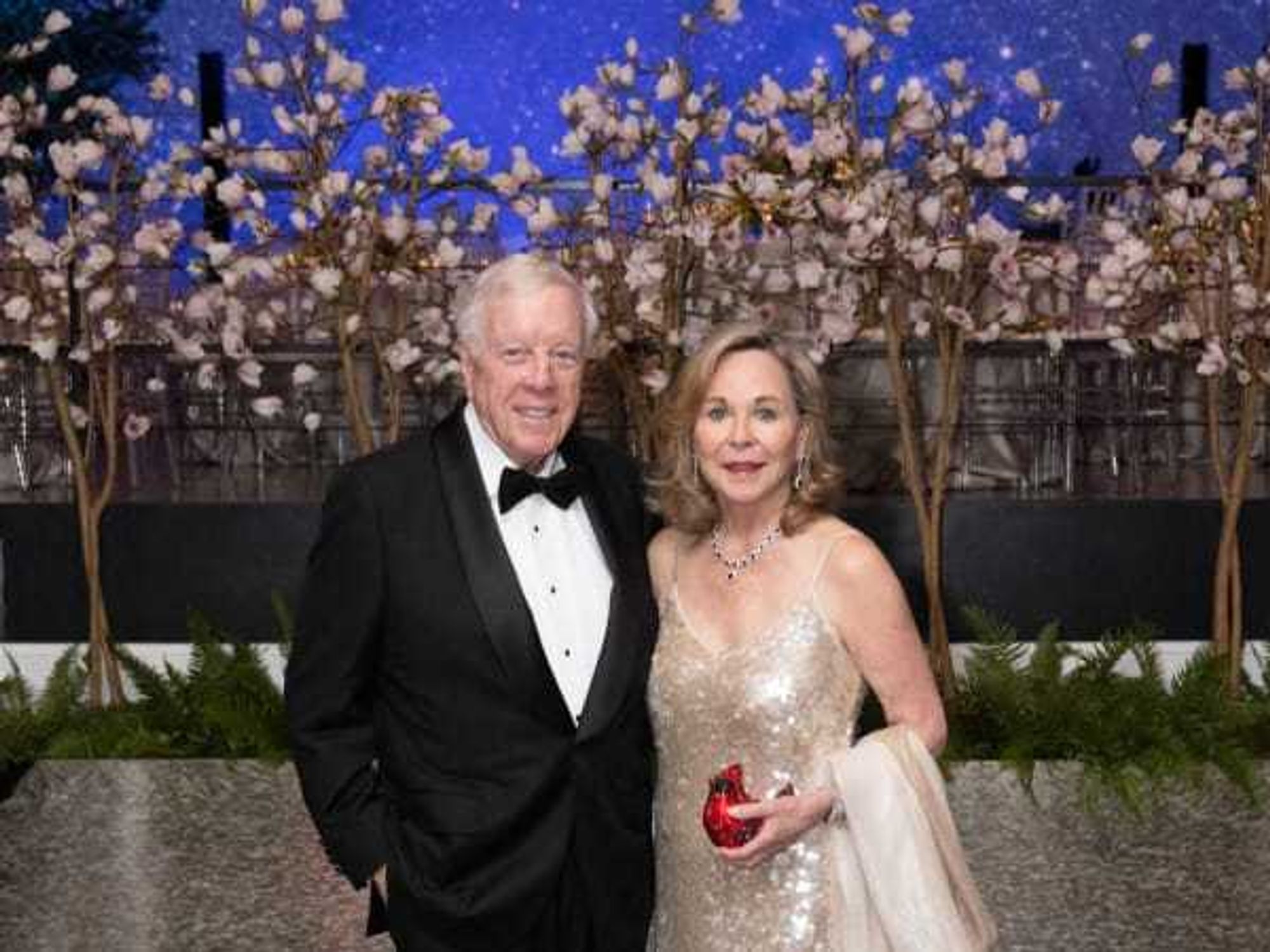First Amendment Questions
From Westboro Baptist to Jesus pencils, Kenneth Starr talks religion and freedomof speech at UH
Kenneth Starr might be best known for titillating Americans with his investigation into the Bill Clinton/Monica Lewinsky scandal in the late '90s, but his prestigious legal career goes back even further to the days when he clerked for Supreme Court Chief Justice Warren Burger in the mid-1970s.
Now president of Baylor University, Starr stopped in Houston (which the Texas-native says he considers a second home) on Wednesday for a brief lecture on religious speech and the legal system at the University of Houston Law Center.
Inside the standing-room only classroom, Starr opened by talking about the curious case of Fred Phelps and his six-member Westboro Baptist Church, who recently won an 8-1 victory at the Supreme Court.
"We have the most ardently pro-first amendment, pro-free speech court in the nation's history," Starr said approvingly.
Starr touched on the extremes that the Supreme Court was willing to defend on Phelps v. Snyder, specifically the church's preferred method of protesting outside the funerals of American soldiers with slogans like "God Hates Fags" and "Thank God for Dead Soldiers." Phelps admitted at the Supreme Court that his conduct crossed the threshold of "severe emotional distress," defined as an injury so awful "no reasonable man could be expected to endure it" in the relevant Maryland law. But eight members of the Court still found that his right to freedom of speech and to express his religious beliefs trumped the harm caused by the speech.
Starr contrasted this opinion with the case of Morgan v. Swanson, when students from Plano ISD elementary schools were prohibited from including pencils with religious messages as part of gift bags exchanged at pre-winter break parties, among other similar offenses.
The question at hand, according to Starr, was whether school officials could "keep out religious thought." In this case, the Firth Circuit of Appeals in Texas ruled against the school administrators who argued that the first amendment did not apply to elementary students.
"You don't check your rights at the schoolhouse gates," summed up Starr, who advocated "the equality principal" when considering legislating religious thought.
In the question and answer portion Starr also riffed on the "fighting words" exception to the First Amendment (and why it didn't apply in the Westboro Baptist case) as well as explaining his own role in a freedom of speech case, Morse v. Frederick. Starr successfully defended a school board in Juneau who suspended a student for unfurling a "Bong Hits 4 Jesus" banner as the Olympic torch passed.
Starr maintained the key facts were that the student's speech was nonsensical and that the school in question had a liberal policy of freedom of speech for students as long as they did not advocate drug, alcohol or tobacco use.
"He should have said it was art," said Star. "He might have had a better case."
